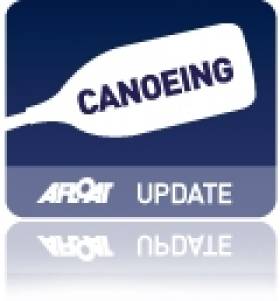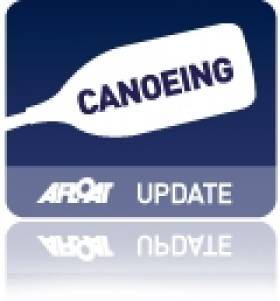Displaying items by tag: Shaun Bradley
Medals for Irish Kayakers at Athens Special Olympics
The Irish team returned to a warm welcome last week after their success at the Special Olympics World Summer Games in Athens, winning an incredible total of 107 medals - 31 of them gold.
The medal haul included a number in kayaking, with Ruairi O'Toole of Corrib Canoe Club taking gold in the men's 200m and second place in the men's 500m, which beats his previous best of bronze at the Special Olympics in Dublin in 2003.
O'Toole was followed closely by Shaun Bradley from Letterkenny, who won silver in the 200m and placed fourth in the 500m.
In women's kayaking, Teresa Maguire of Moore Abbey was Ireland's start turn with silver in the 200m and bronze in the 500m, while Celine Mulready of the Free Spirit club wasn't far behind with a 200m bronze and fourth place in the 500m.
Irish Kayakers to Debut at Special Olympics
Irish kayakers will make their debut at the Special Olympics World Games in Athens this summer.
They will be part of a 126-strong team representing Ireland at the games, which was celebrated by new Minister for Sport Leo Varadkar at the Convention Centre in Dublin this week.
Kayaker Shaun Bradley from Letterkenny, when asked if his was a dangerous sport, told The Irish Times: “Not really if you’re good at swimming.”
Minister Varadkar said everyone could benefit from the event. The Government has allocated €250,000 for the Special Olympics World Games and €1.5 million in 2011 for Special Olympics Ireland.
More than 7,500 athletes will compete across 12 sports, supported by 2,500 coaches and thousands of volunteers from 185 countries, at the games in Athens from 25 June to 4 July.






























































